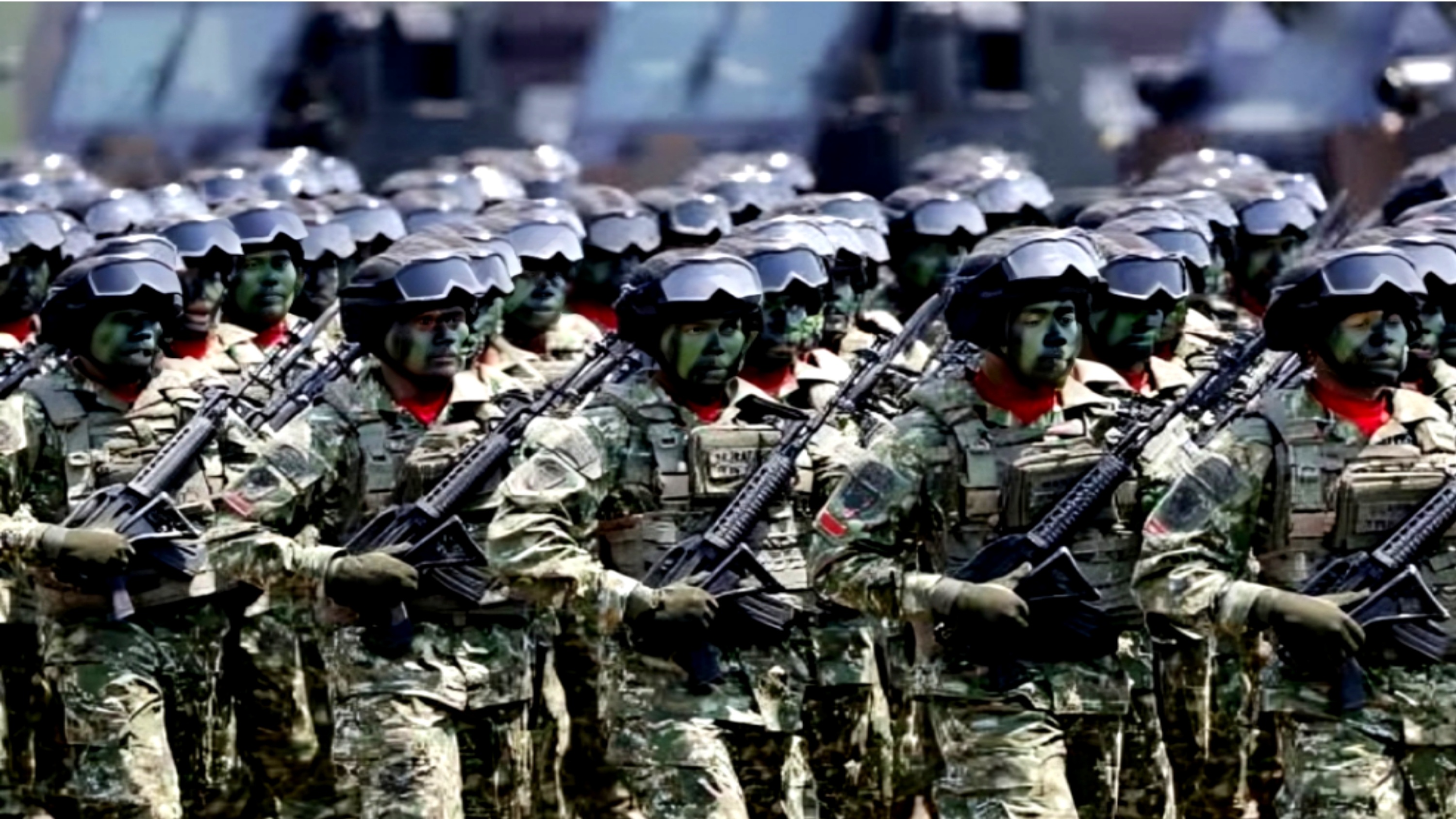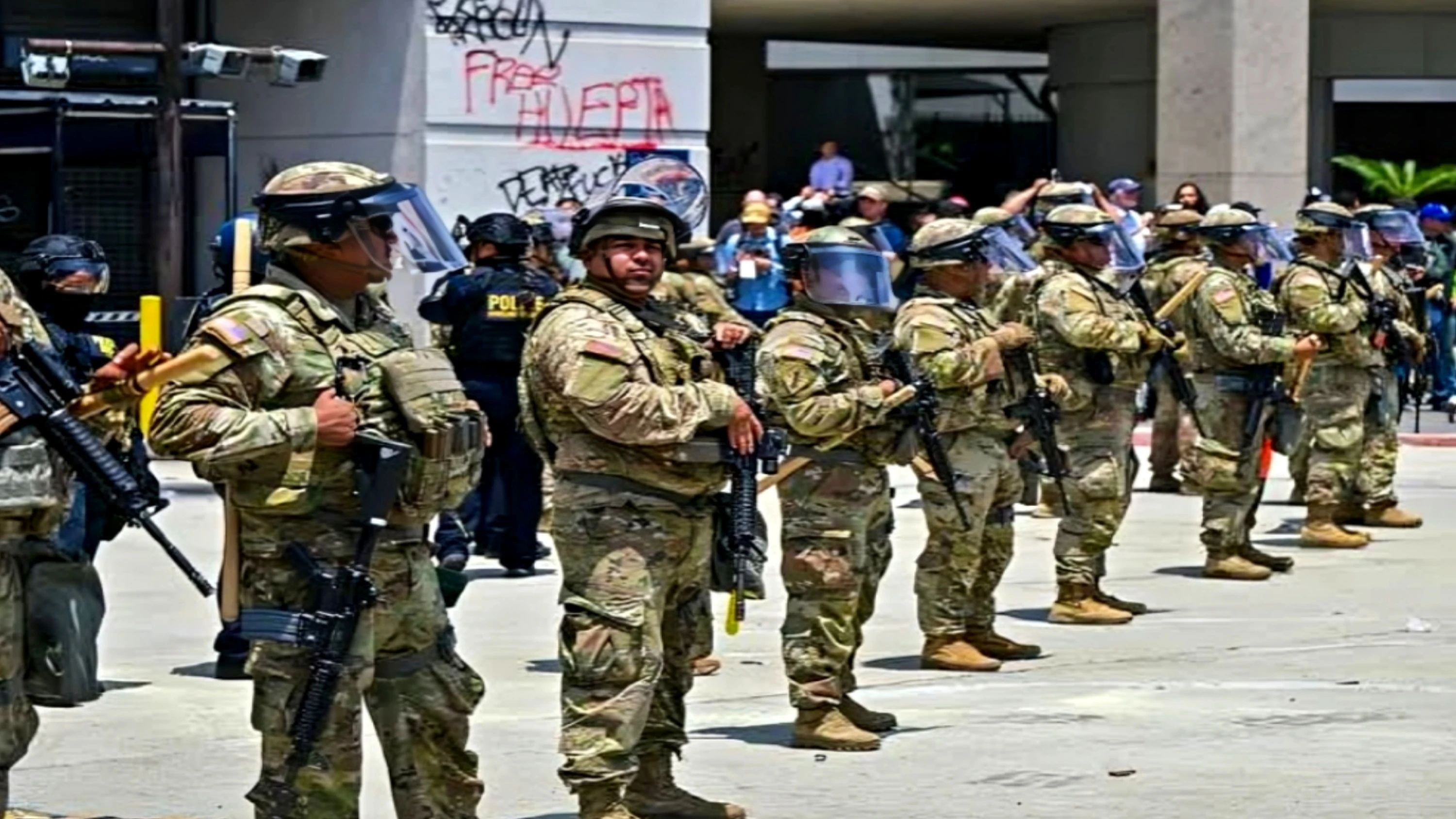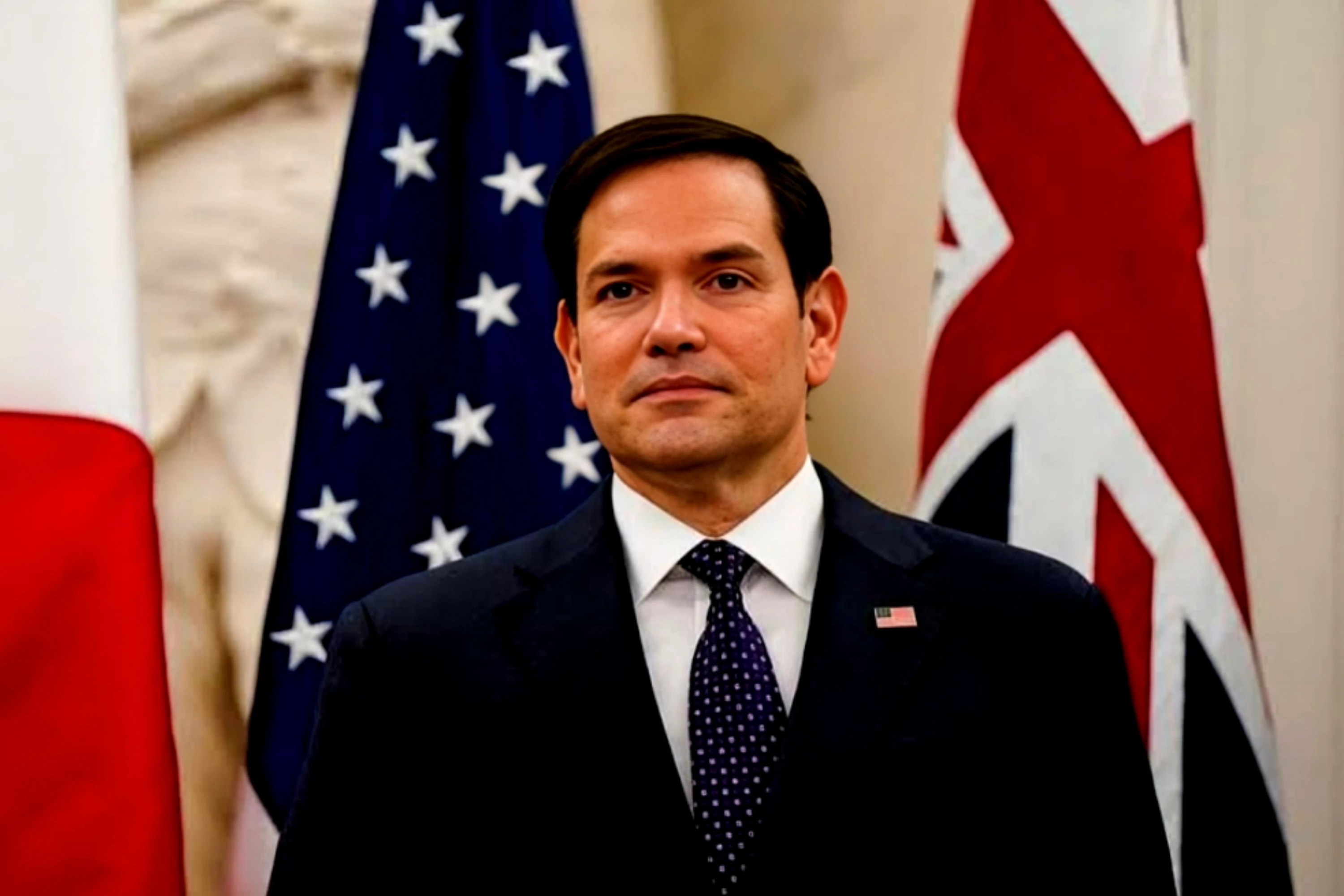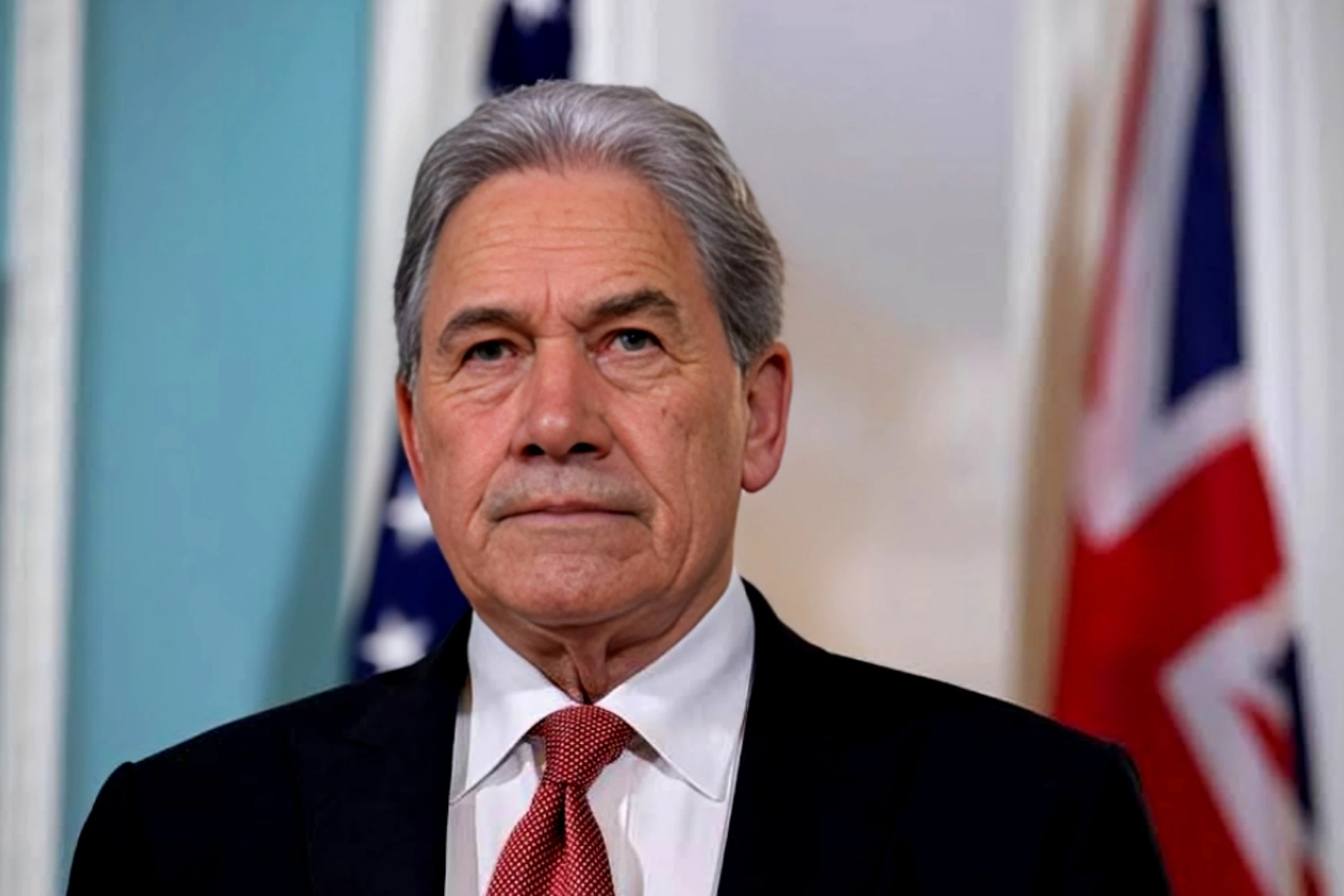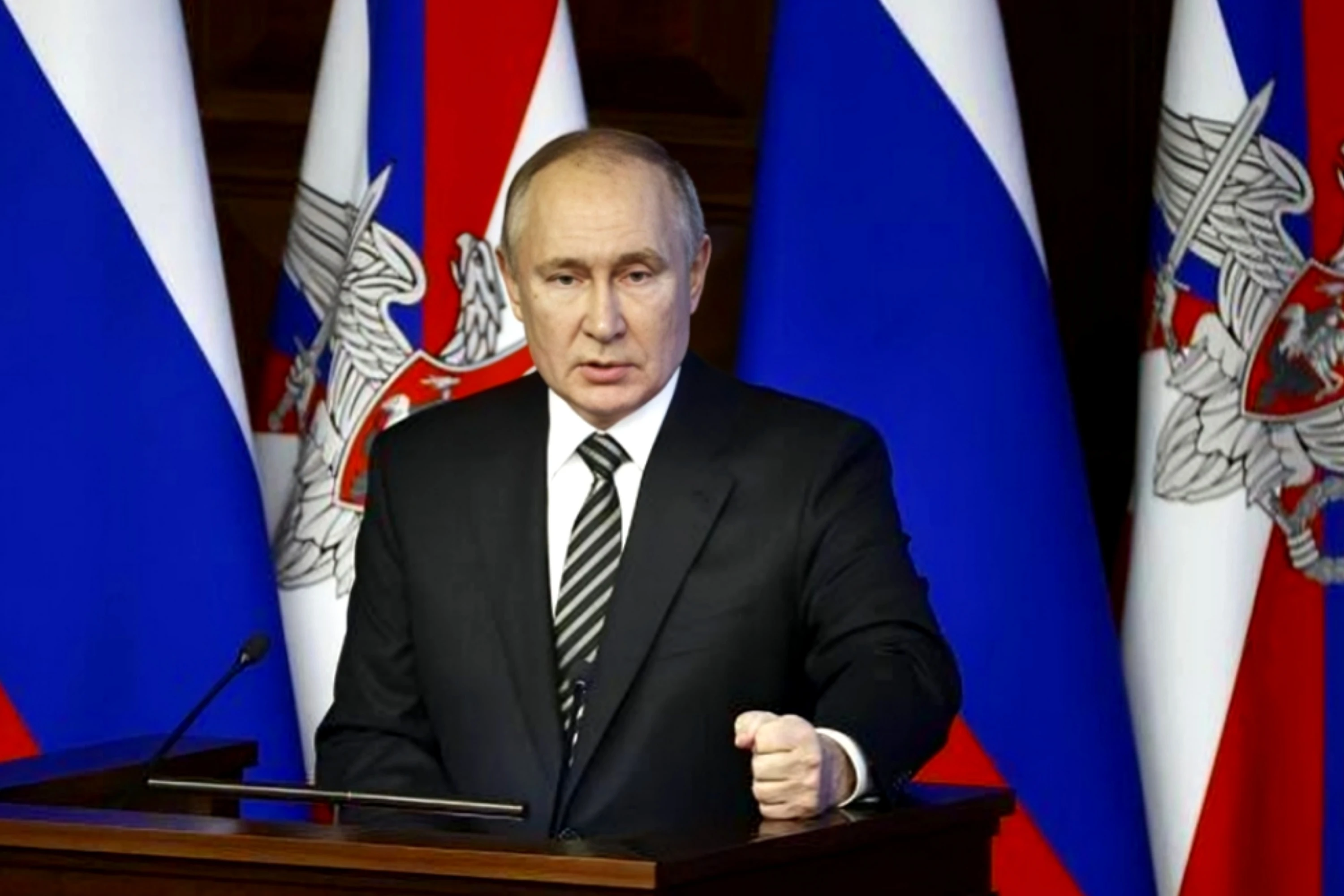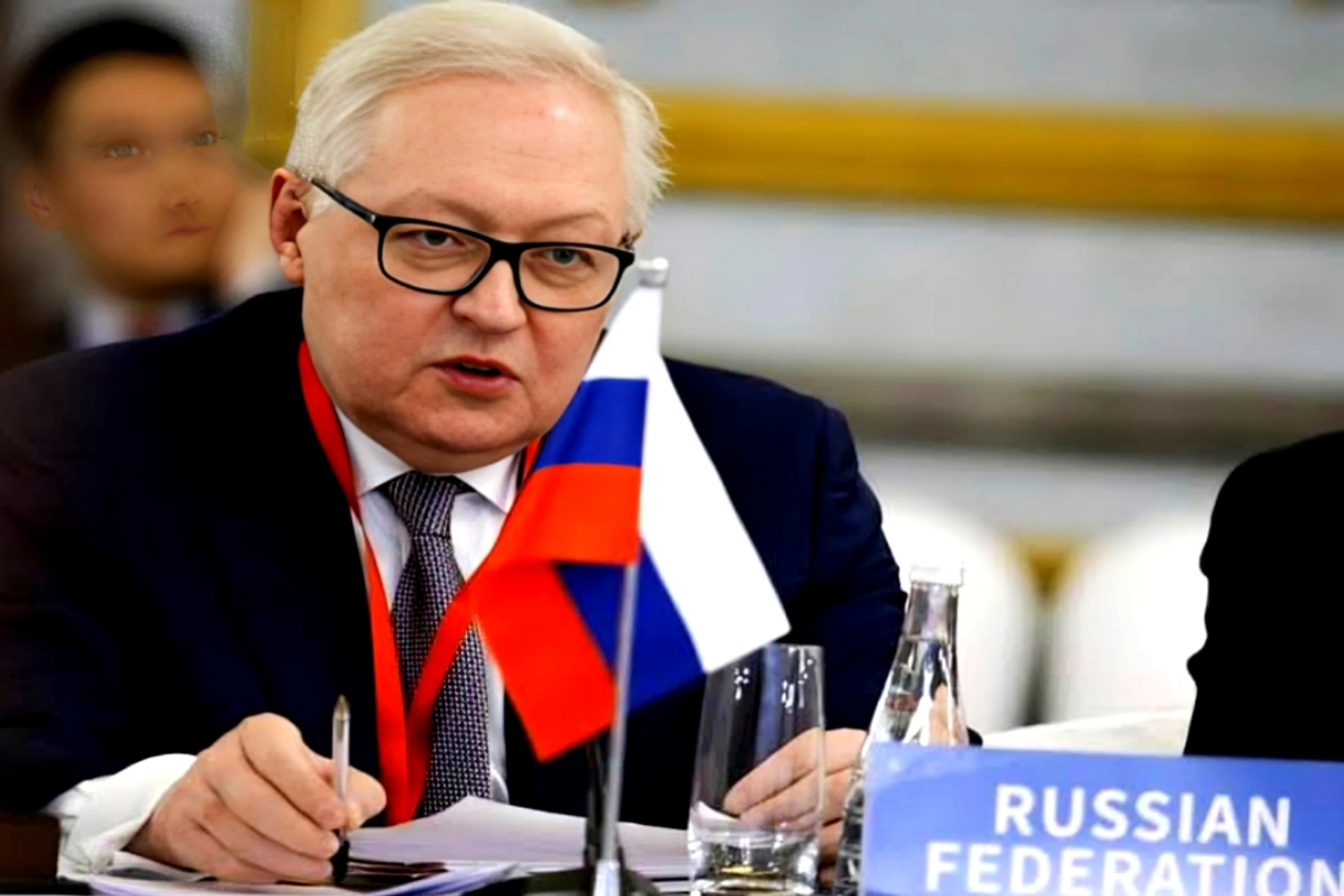Jakarta: Human rights organizations in Indonesia have urged the country’s parliament to reject proposed amendments to military laws, arguing that the changes could revive military dominance over civilian affairs and undermine democracy.
Parliament is set to approve the controversial revisions in a plenary session on Thursday after a legislative committee gave its endorsement. The amendments would permit active military personnel to assume more civilian roles, a move that has sparked protests from rights groups and student organizations, who are planning demonstrations outside the parliament.
The Legal Aid Institute strongly criticized the proposed law, warning that it could reverse decades of democratic progress and bring Indonesia back to the era of Suharto’s authoritarian rule, when the military played a central role in governance and suppressed dissent.
"The revision is a legislative crime that threatens the rights of Indonesians and endangers the future of democracy," said Arif Maulana, the institute’s deputy chair.
President Prabowo Subianto, a former general and ex-son-in-law of Suharto, has already broadened the military’s influence since taking office in October. However, the government insists that the bill has been adjusted to address concerns, requiring most military officers to resign before taking civilian positions.
Despite these assurances, opposition lawmaker Nico Siahaan of the Indonesian Democratic Party of Struggle pointed out that the government has expanded the list of agencies where active soldiers could be assigned. These now include the state secretariat, the Attorney General’s Office, and agencies dealing with counterterrorism and narcotics.
Critics, including Amnesty International Indonesia’s Usman Hamid, fear that such changes could lead to human rights violations, abuse of power, and impunity for military personnel. Maulana also warned that appointing active soldiers to the Attorney General’s Office could compromise legal transparency, particularly in cases involving the military.
Defending the bill, Budi Djiwandono, deputy chief of the committee overseeing the legislation and a nephew of President Prabowo, assured that civilian supremacy would remain intact. He also dismissed concerns that military personnel would take positions in state-owned enterprises.
Opposition leaders have called for strict monitoring of the law’s implementation to prevent further expansion of military influence in civilian affairs.


